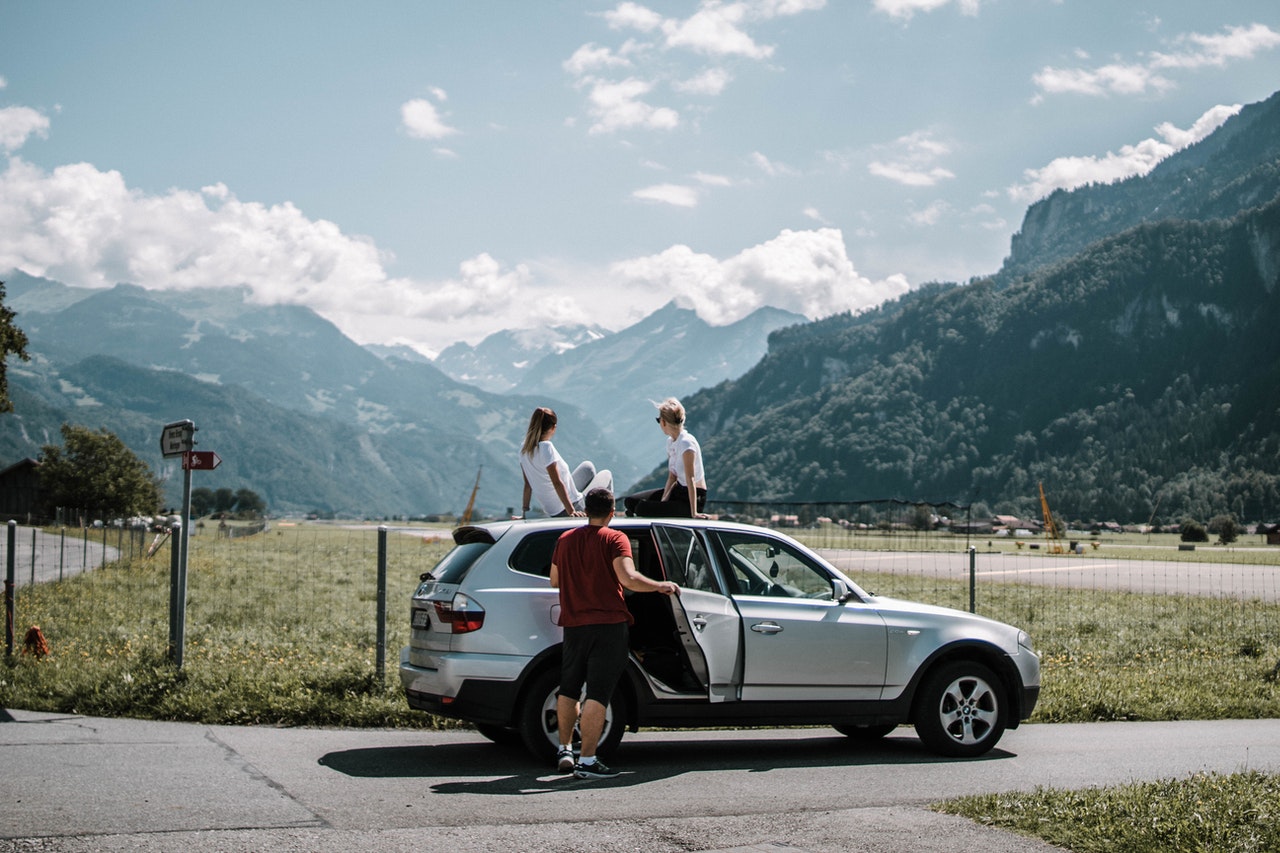Among the leisurely activities that families across the U.S. and in many other countries surely missed a lot is hitting the roads en route to destinations that satisfy their wanderlust.
The initial travel restrictions enforced by the government upon the recommendation of health experts made it practically impossible to indulge in this simple pleasure activity. Fortunately, state governments now allow land travel, including visits to campgrounds and other tourist destinations. Mask mandates and other COVID-19 restrictions still do apply, but states have unique sets of the said measures.
Now, if you’ve been planning to take your family with you on a long-delayed road trip, you need to first observe some safety precautions before you hit the road. These steps would ensure that everything is in order and you’ll enjoy a safe and fun journey with your loved ones.
Here are five land travel safety tips that you should keep in mind:
Make sure your vehicle is road-worthy
Road trips could only be uneventful and totally enjoyable if you won’t encounter any mechanical trouble or accident throughout the trip. And if you want to safely arrive at your planned destinations and then back to your home, you need to ensure that your vehicle is road-worthy.
This would entail having your engine checked and tuned up by your trusted mechanic. The same is true with your vehicle’s lights, tires, wheels, and other moving parts. If your mechanic discovers even the smallest issues, you need to address them outright.
For example, if your mechanic discovers a small chip or crack in either the front or rear windshield, you have to call your local mobile windshield replacement service provider to replace the problematic windshield. This will help you avoid getting a ticket for it and ensure that you’ll have clear views in either direction (front or rear) for a safe journey throughout.
Consider your family’s health status
No matter how much eager you may be to hit the road and have your entire family with you, you must control yourself and first ensure that your family’s health status is properly checked.
This would entail leaving anyone who is sick or postponing the trip until that family member fully recovers. You should also avoid taking any family member who is considered at a high risk relevant to COVID-19 (senior parents or anyone with an underlying medical condition).
If anyone in the family was in close contact with a person who tested positive for COVID-19, that family member should undergo self-quarantine for 14 days. Better yet, your entire family should consider completing a home quarantine first before pushing through with the trip. This is part of your personal responsibility to ensure that you won’t be unnecessarily infecting other people if anyone happens to be positive for the virus.

Bring a first aid kit, medications, and enough food and drinks
Medical and tummy emergencies could happen at any time during your land journey, which is why you need to be fully prepared for them.
You have to bring with you a first aid kit and prescription medications so you can attend to any medical emergency that won’t require hospitalization. Likewise, you must have enough water and ready-to-eat food before hitting the road to have as few stops as possible and for everyone to have something to fill their tummies with when they get hungry or thirsty.
Prefer open spaces over enclosed areas
COVID-19 has been proven to spread easily in enclosed areas than in open spaces, which is why you need to carefully choose where you’ll go throughout your trip. Prefer visiting beaches or campgrounds over malls or any place that is enclosed and has lots of people.
When necessary to have a stopover at a crowded and enclosed area, be sure to wear your masks and avoid touching handrails, doorknobs, and the like. If touching them is unavoidable, always apply hand sanitizer, alcohol, or wash your hands with soap for at least 20 seconds to get rid of viruses.
Heed travel advisories
Travel advisories contain a great deal of information on restrictions and recommended safety precautions, particularly concerning COVID-19. As such, make sure that you’ll check them out to be properly guided.
There are locations where you might be required to undergo quarantine upon your arrival, which can be stressful and even expensive if you’ll be directed to stay at a private facility instead of state-run. Such details are typically included in a jurisdiction’s travel advisories, so it pays to do your research before you step inside your car.
Just follow these simple tips and you’ll surely have a safe and memorable road trip with your family.




